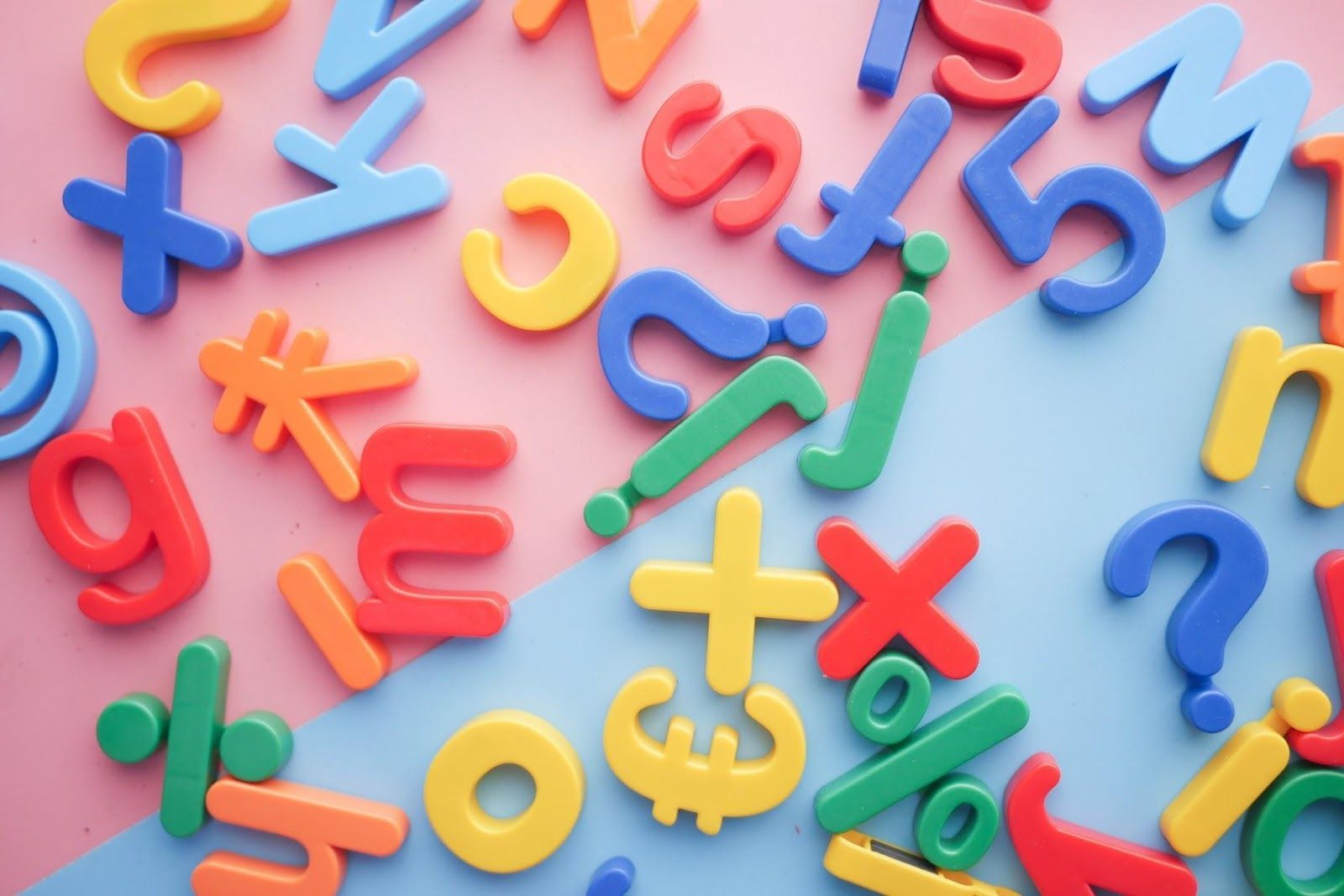GRAB SOME POPCORN
Do You Remember The Catchy Taglines Of These Ten Unforgettable Movies?
Published on March 7, 2024
 Credit: Myke Simon
Credit: Myke Simon
Allow us to take you on a trip to the past, to a bygone era before the dawn of streaming services and on-demand content. Going to the movies wasn’t limited to just paying a ticket and watching a particular film: Back in the day, seeing the posters on the walls of the lobby and getting psyched about upcoming releases was also very much part of the experience of going to your local movie theater.
While today we might play that exciting movie trailer on an endless loop on YouTube, advertisement agencies always relied on drawing audiences through catchy and flashy campaigns. And an integral part of these strategies was sometimes what made a movie either a hit or a failure: an exciting tagline. We have gathered the phrases that helped transform the ten films in this list into the iconic pieces of pop culture we now hold sacred.
Alien
 Credit: Mark Harkin
Credit: Mark Harkin
Ridley Scott’s 1979 film redefined the concept of space for audiences around the world. We stopped seeing the outer limits of our galaxy as "the Final Frontier" to be explored, and we now learned to fear that cold vacuum of endless silence.
Part of that dread definitively came from the movie’s legendary tagline. The poster showed a glowing alien egg over a pitch-black background, and unveiled a phrase that still makes us feel uneasy: "In space, no one can hear you scream."
Taxi Driver
 Credit: Waldemar
Credit: Waldemar
Whenever someone mentions Martin Scorsese’s cult neo-noir, Robert DeNiro’s iconic "You talkin’ to me?" line usually comes to mind. And while this phrase is certainly legendary, Taxi Driver had a less-know tagline that also perfectly captures the essence of the film.
The 1976 original poster shows DeNiro’s character of Travis Bickle standing in the middle of a deserted New York City sidewalk, while the tagline reads: "On every street in every city in this country, there’s a nobody who dreams of being a somebody."
Ghostbusters
 Credit: Erik Mclean
Credit: Erik Mclean
We can guarantee that this tagline has been ringing in your head ever since you read the name Ghostbusters on this list. You might even be humming this movie’s unforgettable theme track: After all, Ghostbuster’s iconic "Who ya gonna call?" tagline is on the centerstage of Ray Parker Jr.’s song.
What’s interesting is that, while this tagline closed the film’s trailer, it is curiously absent from the original 1984 poster, being instead replaced with a much more generic: "They are here to save the world." Nevertheless, "Who ya gonna call?" became an integral part of the Ghostbuster’s mythos, and is still constantly quoted almost 40 years after the film’s release.
The Naked Gun
 Credit: Krists Luhaers
Credit: Krists Luhaers
Leslie Nielsen’s 1988 "The Naked Gun" is not only remembered as a hilarious satire of police movies but also as a groundbreaking comedy film that paved the way for future parodies. The movie perfectly mixes slapstick gags with an amazing self-awareness of the ridiculousness the crime genre has to offer.
Appropriately, the movie’s tagline mocked the film industry's tired, old tropes and cliches: "If you only see one movie this year... you need to get out more often."
The Social Network
 Credit: Alexander Shatov
Credit: Alexander Shatov
The most recent movie on this list, David Fincher’s 2010 "The Social Network" delved deeply into the humble (and tumultuous) early years of Facebook. This biographical drama examines Mark Zuckerberg’s founding of the social media site from his Harvard dorm room and his legal battle with friend and co-founder Eduardo Saverin.
The movie’s tagline perfectly summarizes these internal struggles into a single line: "You don't get to 500 million friends without making a few enemies." Actor Jessee Eisenberg's iconic portrayal of Zuckerberg was nominated for an Academy Award for Best Actor.
Close Encounters of the Third Kind
 Credit: Bruce Warrington
Credit: Bruce Warrington
Much like "Alien", the 1977 "Close Encounters of the Third Kind" portrayed UFO encounters in a new, more unnerving light. Steven Spielberg’s science-fiction drama chronicles the life of an Indiana electrician who sees his life change after an otherworldly encounter.
The film’s poster shows a dark, deserted highway lit by the blue light emanating from an undisclosed energy sphere half hidden behind the horizon. The movie’s tagline is located in the middle of the frame, a short but extremely effective reminder of the uneasiness this movie brings: "We are not alone."
The Fly
 Credit: Jin Yeong Kim
Credit: Jin Yeong Kim
David Cronenberg’s remake of the 1958 science fiction horror film "The Fly" was both an homage and a sharp turn from the original: Jeff Goldblum’s spine-chilling fly hybrid is still regarded as one of the most terrifying monsters in film history.
In that regard, the movie’s tagline highlights the primal fear that the monster produces in a simple but unnerving phrase: "Be afraid. Be very afraid." Right next to the tagline, The poster shows the now-iconic "telepod" lit by a blinding light, from which only a human hand and insect leg can be seen.
Apollo 13
 Credit: Brian McGowan
Credit: Brian McGowan
This movie is the only one in this list that features a real-life quote as its tagline. "Houston, we have a problem", the now-iconic distress call spoken by astronaut Jim Lovell (played by Tom Hanks) offered audiences a direct connection to the real Apollo 13 mission.
Ron Howard’s 1995 drama echoed through the American public and is now considered one of the best films of all time. In 2023, it was selected for preservation by the Library of Congress.
Jaws & Jaws 2
 Credit: Kelsey K
Credit: Kelsey K
We decided to include two amazing taglines in this entry because we couldn’t possibly decide between them. The first Jaws film had an unforgettable poster that showed Bruce the shark (yeah, his name is Bruce) looming underwater, complemented by the now-legendary tagline: "You’ll never go in the water again!"
By the time the second Jaws film was released, the first film had already cemented itself as a smashing hit. Logically, the executives behind the sequel decided to directly reference its predecessor: The movie’s tagline cleverly states: Just when you thought it was safe to go back in the water...
Jurassic Park
 Credit: Chan Chai Kee
Credit: Chan Chai Kee
We end this list with another classic Spielberg film. The first Jurassic Park film took audiences on a thrilling, unprecedented ride, revered to this day as a timeless masterpiece.
In 1993, the advertising campaign for the movie both made groundbreaking promises and played with people's expectations. The movie posters show the classic Jurassic Park logo over a black background, alongside the enigmatic tagline "An adventure 65 million years in the making."












